
If this draft is passed, civil servants will be scored on monthly, quarterly and annual performance; notably, those who score below 50 KPI points or violate discipline or moral degradation may be transferred or fired.
According to the draft, KPI is understood as an index to evaluate the level of task completion of civil servants, linked to products or product norms clearly defined for each job position. The jobs will be converted to a unified unit called "standard products", to ensure transparency and objectivity in the assessment and create a basis for fair comparison between different positions. KPI assessment will be carried out periodically: monthly, quarterly and yearly to classify civil servants into four levels: excellent completion, good completion, completion and failure to complete tasks.
Attaching KPIs to each position is in line with the policy of streamlining the apparatus and improving the quality of civil servants. Those who perform well will be recognized, and those who do not meet the requirements will be forced to leave the apparatus.
KPI scoring is designed according to the job position group. For professional and technical civil servants, the evaluation results will be based on three factors including quantity, quality and work progress.
Another notable new point is the weighting mechanism in the evaluation system. Accordingly, criteria related to qualities, ethics, work attitude, discipline and public service culture will account for 30% of the total score, while task performance results through KPI will account for up to 70%.
KPI scores are not only the basis for classifying civil servants at the end of the year, but also the criteria for evaluating party members, as well as the basis for making important personnel decisions such as arrangement, rotation, appointment, dismissal or reward. In particular, civil servants with KPI results below 50 points or violating discipline or deteriorating moral qualities will be classified as "not completing their tasks". Civil servants in this group may be transferred to other positions or dismissed.
In the submission to the Government, the Ministry of Home Affairs emphasized that the KPI-based assessment mechanism was built to aim for objectivity and transparency, eliminate emotional assessments, promote proactive and creative civil servants, and improve work productivity. Attaching KPIs to each position is consistent with the policy of streamlining the apparatus and improving the quality of civil servants. Those who perform well will be recognized, and those who do not meet the requirements will be forced to leave the apparatus.
The draft Decree also stipulates the responsibility of the head of the agency in assigning tasks, monitoring work results, confirming progress and ensuring publicity and transparency in evaluation. Each civil servant will have to self-score his/her KPI every month, send it to the direct management level for review and confirmation, then summarize it in the year-end evaluation results.
The criteria for evaluating civil servants in the draft are built on three main groups of content. The first group is about ethics and public service discipline, including compliance with policies and laws, maintaining ethics and public service culture, and demonstrating a standard attitude towards people and businesses.
The second group focuses on professional competence and work efficiency, requiring civil servants to have in-depth knowledge, complete both regular and ad hoc tasks, and have the ability to coordinate, work in teams and apply information technology.
The third group promotes the spirit of innovation, creativity and daring to think and do, encouraging civil servants to propose breakthrough solutions that bring practical value, demonstrate initiative and readiness to take responsibility for assigned work.
Source: https://baolaocai.vn/de-xuat-cong-chuc-duoi-50-diem-kpi-hoac-vi-pham-ky-luat-co-the-bi-thoi-viec-post881637.html



![[Photo] Prime Minister Pham Minh Chinh chairs the second meeting of the Steering Committee on private economic development.](https://vphoto.vietnam.vn/thumb/1200x675/vietnam/resource/IMAGE/2025/11/01/1762006716873_dsc-9145-jpg.webp)









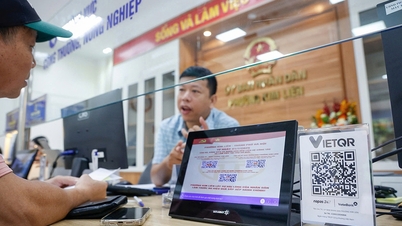











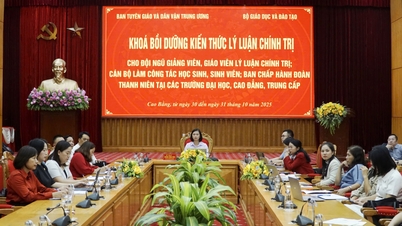

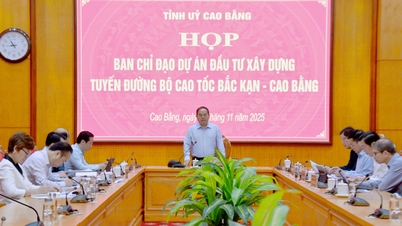





















































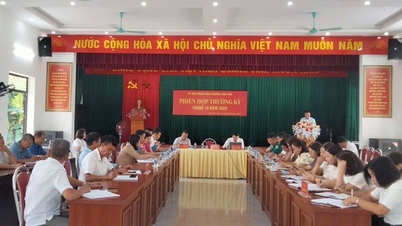







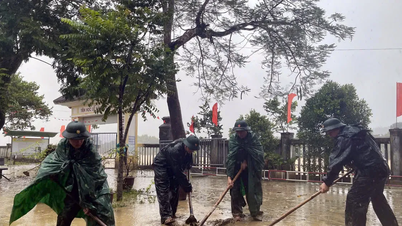



















Comment (0)